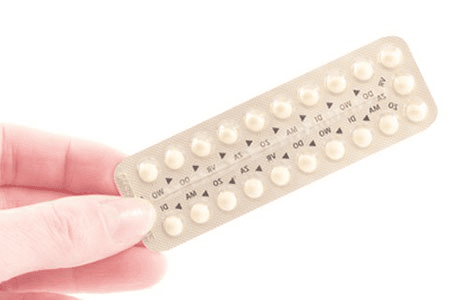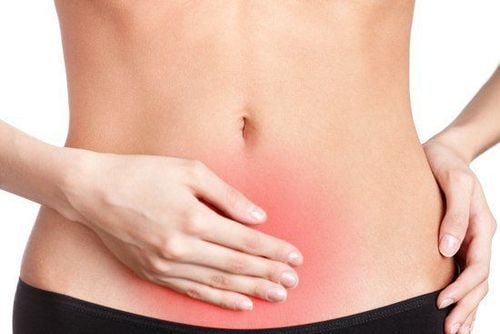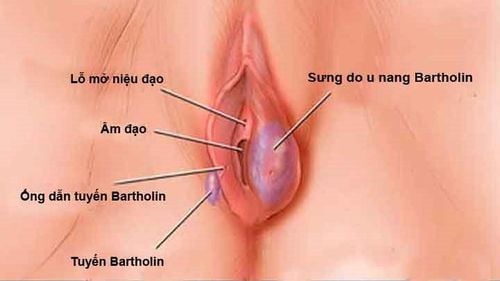This is an automatically translated article.
The article is professionally consulted by Master, Doctor Ta Quoc Ban - Department of Obstetrics and Gynecology - Vinmec Phu Quoc International General Hospital
The average woman has about 450 menstrual cycles in her lifetime, which means a woman has plenty of opportunities to learn all about her menstrual cycle. But in fact, although most women have their own menstrual cycle every month, there are still many mysteries about it that we have not discovered. Here are 5 interesting facts about menstruation that every woman should know.
1. You can get pregnant while having sex during your menstrual cycle
Many people mistakenly believe that the period of menstruation is an absolutely safe period, having sex during this period will not get pregnant. This is incorrect, it is still possible to get pregnant during the days of your period, although the chances are low, especially in women with irregular periods, the chances of getting pregnant during the days of menstruation are even higher. Also, you may ovulate before your period stops or within a few days after the bleeding stops, and sperm can stay in your body for up to 3 days, so having sex during your period can lead to infertility. to conception.Use condoms or other birth control to prevent unplanned pregnancy, no matter what time of month.
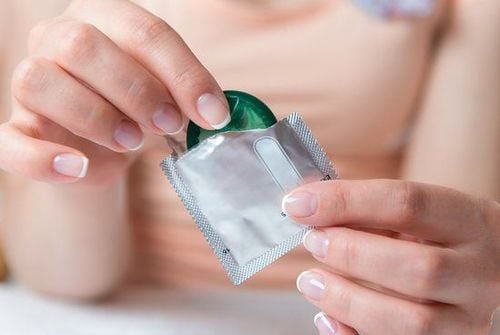
2. Bleeding when taking birth control pills is not a sign of coming months
You may bleed on the pill for a week, but it's not a monthly period. Usually women ovulate in the middle of their menstrual cycle. If the egg is not fertilized, hormone levels drop and the lining of the uterus sheds leading to bleeding, which is your normal menstrual cycle.Meanwhile, birth control pills prevent ovulation. Most birth control pills you take for 3 weeks straight, then take a week off. The pill prevents ovulation but does not prevent the monthly lining of the uterus from forming. Bleeding at week 4 resembles the body's response to hormone deficiency in the weeks preceding the pill.
Trắc nghiệm: Sự hiểu biết của bạn về kinh nguyệt
Kinh nguyệt có vai trò quan trọng đối với sức khỏe sinh sản, do đó nữ giới cần chủ động trang bị kiến thức để theo dõi và kiểm soát tình trạng sức khỏe. Bài trắc nghiệm sau đây sẽ giúp bạn hiểu hơn về chu kỳ kinh nguyệt của bản thân.3. Menstrual cycle changes throughout life
When you first get your period, your menstrual cycle may be longer than your next period, which means it takes longer between your first period and your next period. A typical cycle for a teenage girl can be 21 to 45 days. Over time, menstrual cycles become shorter and more predictable, averaging about 21 to 35 days.Hormonal changes happen during perimenopause, which is the years before menopause when your body begins to produce less estrogen. The time from one period to the next may be shorter or longer, and you may experience heavier or lighter bleeding during your period. This phase can last up to 10 years before menopause begins and menstruation stops.
4. Sanitary napkins and tampons are not the only options
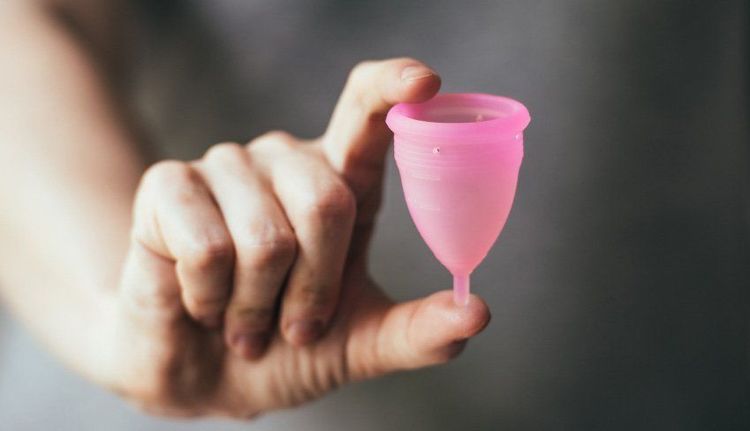
5. Premenstrual syndrome is still a mystery
Premenstrual syndrome (PMS) are symptoms that usually occur around the second half of a woman's menstrual cycle (after ovulation). This syndrome causes a lot of physical, mental and emotional discomfort, which can range from very mild to very severe, inhibiting and significantly affecting work, study and daily life.The exact cause of this syndrome is not known but is related to the drop in estrogen and progesterone levels in the week before menstruation, causing the symptoms of PMS. Changes in brain chemicals or deficiencies in certain vitamins and minerals can also contribute to PMS. Eating salty foods, drinking alcohol, beer or caffeinated beverages will make symptoms worse.
To ease the symptoms of premenstrual syndrome, women should exercise to improve mood and fight fatigue. To reap these benefits, you need to exercise regularly - not just when you have symptoms of PMS. The goal is at least 30 minutes of moderate-intensity exercise most days of the week.
Foods rich in B vitamins can fight premenstrual syndrome. Whole grains also contain various forms of B vitamins that help fight PMS.
Foods that contain complex carbohydrates, such as whole grains, are high in fiber, which helps control blood sugar, stabilize mood and appetite.
In addition, women need to avoid consuming some of the following foods: Salt increases symptoms of bloating. Caffeine is annoying. Sugar makes cravings worse. Alcohol can negatively affect mood...
Premenstrual syndrome can cause stress, anxiety, irritability, so you can take some measures to cope with the situation. this state. Practicing yoga, meditation, massage, journaling or simply relaxing with friends are all effective ways to relieve stress and make your mind more relaxed. In particular, you need to get enough sleep.
Master. Doctor Ta Quoc Ban is formerly a Lecturer in the Department of Obstetrics and Gynecology, University of Medicine and Pharmacy - Thai Nguyen University, Doctor of Obstetrics and Gynecology at Thai Nguyen Central General Hospital, Deputy Head of the Department of Obstetrics and Gynecology at the Hospital of Medical University. The doctor has full practice certificates in the field of obstetrics and gynecology such as: Ultrasound, laparoscopic surgery, endoscopic and electrocautery, artificial insemination (IUI)...
Experienced and qualified Strong in the following fields:
Obstetrics and Gynecology Ultrasound Laparoscopic surgery in gynecology Prenatal counseling Gynecological examination and consultation Infertility examination and consultation, implementation of sperm injection technique into the uterus , Pre-vaccination screening and treatment of post-vaccination reactions...
Please dial HOTLINE for more information or register for an appointment HERE. Download MyVinmec app to make appointments faster and to manage your bookings easily.
Reference source: Webmn.com





